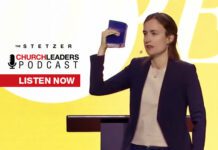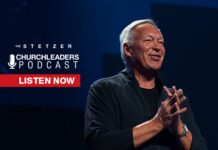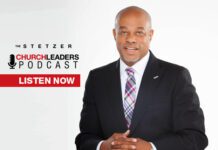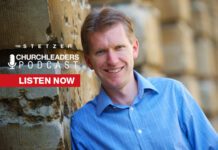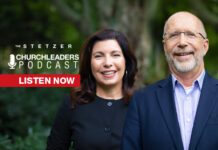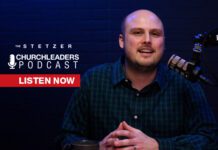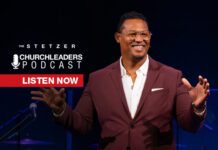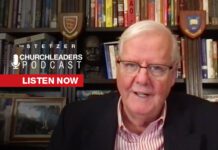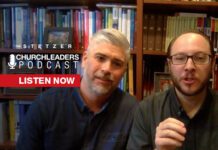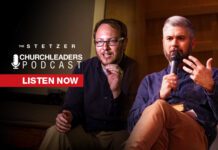“God seems to hold all governments, not just the Jewish ones, not just the Christian ones, all governments responsible for how they treat the weakest amongst them, which means that it’s not a very large conceptual leap to say that in a Democratic Republic, as a Christian, I could care about injustice. But somehow, that has been seen as a particularly politically fraught idea.”
“We think of slavery as a moral evil and we debate it as a moral evil, but it was an established law of the land. So when the Christians opposed slavery, they’re opposing an actual law…So the Black church is born in the context where we could not say, ‘Let’s only focus on the spiritual things and not the reality of being enslaved.’”
“I don’t want to say that all white people have one approach or view of the world. But I think that there’s ways of opting in or out of this conversation…as a Black person I could never opt out of being Black in America.”
“If things like lust and greed and materialism are sins that recur, then why wouldn’t racism be a sin that recurred that requires the entirety of our energy? And to say I need to be vigilant about materialism, I need to be vigilant about racial bias, I need to be vigilant about parenting and loving my spouse well—but we treat racism as this category that we can say, I dealt with this.”
“Each generation is born broken…and there’s always a temptation to slide backward. And this idea that we only ever move forward is only ever articulated as it relates to race.”
“What are the habits that we might have unconsciously received from our otherwise loving parents and grandparents that might impact the way we live today?…It’s not simply enough to ask the question, ‘What am I actively doing that is racist?’”
“To believe that you could have a country that has public, unrelenting racism up to the 1960’s, 70’s, maybe even into the early 1980s, and not have any lasting consequences seems to me to be unrealistic.”
“We have to give an account for the whole story [of Christianity], not just the parts that are glorious.”
“The Bible includes anger. The Bible also includes hope for something else.”
“As an African American in this country, I have every single right to be angry. I do. What I can say is, the cross is what allows me to forgive, but that forgiveness does not rule out justice.”
“Peacemaking, I think, if it’s going to be biblical, can’t be separated from truth-telling.”
“We have to understand that the police have very, very difficult jobs…but we also have to understand the history of this country.”
“As a pastor, we have to think that there’s more to supporting our police officers than just putting pro-police things on our social media feeds. It’s actually preaching and teaching from theological perspective about what a person is and giving the law enforcement officers in our own communities the resources to see people, even when they’re at their most broken, as human.”
“You can become very afraid of the potential dangers of taking a certain course of action without recognizing the danger that is already here.”
Mentioned in the Show by Esau McCaulley
Daniel 4
Isaiah 58
Isaiah 61
Nehemiah
The Psalms
Romans 9
Romans 13
Reading While Black: African American Biblical Interpretation as an Exercise in Hope by Esau McCaulley
Civil Rights Movement
The Crusades
The Hebrew midwives
The Parable of the Talents
Check out Esau’s website
Follow Esau on Facebook, Instagram, and Twitter
Other Ways to Listen to this Podcast with Esau McCaulley:
► Listen on Apple
► Listen on GooglePlay
► Listen on Spotify
► Listen on Stitcher
► Listen on YouTube


